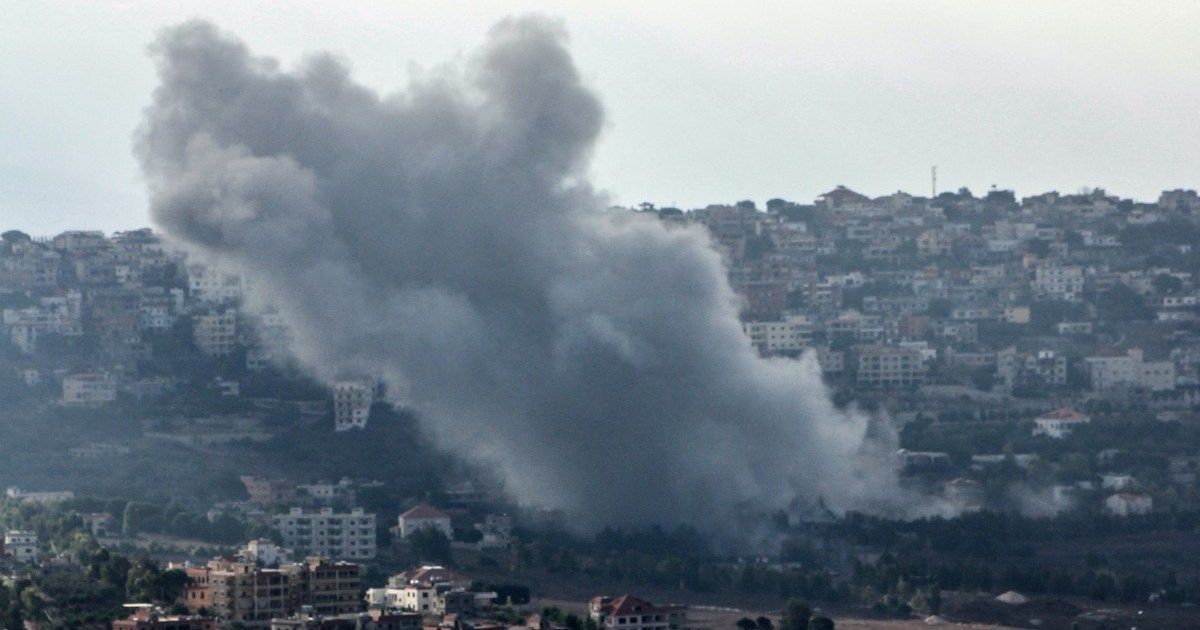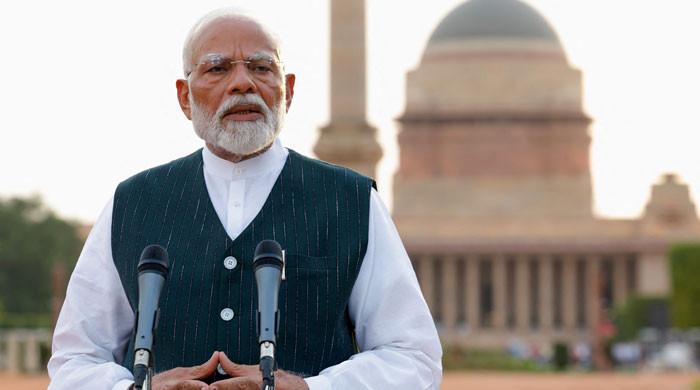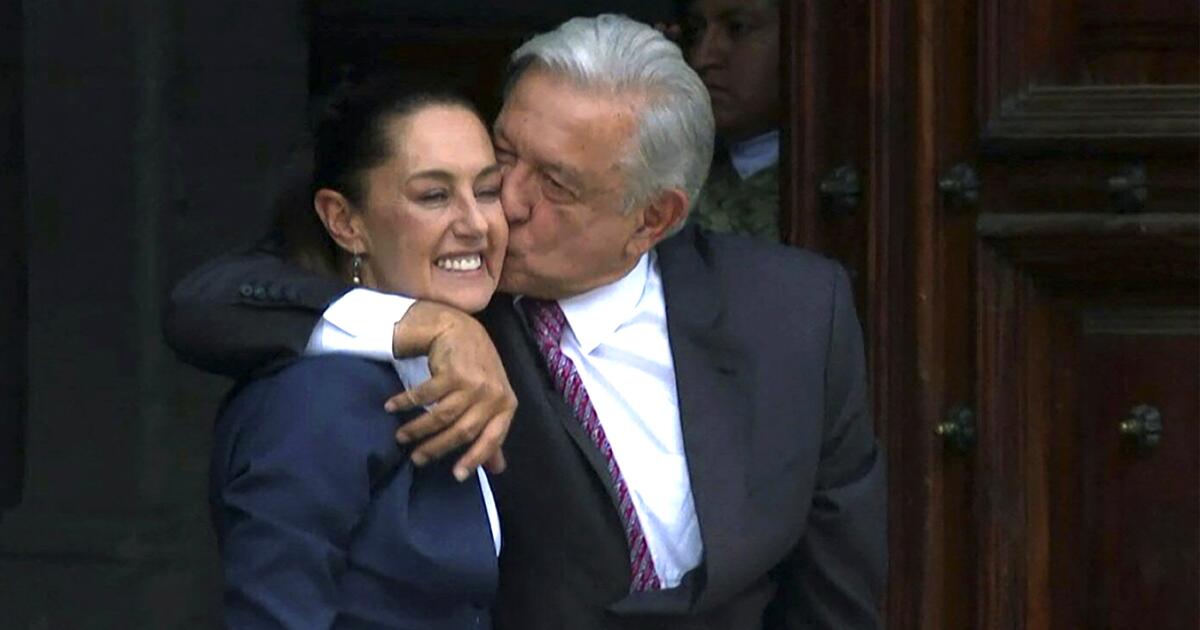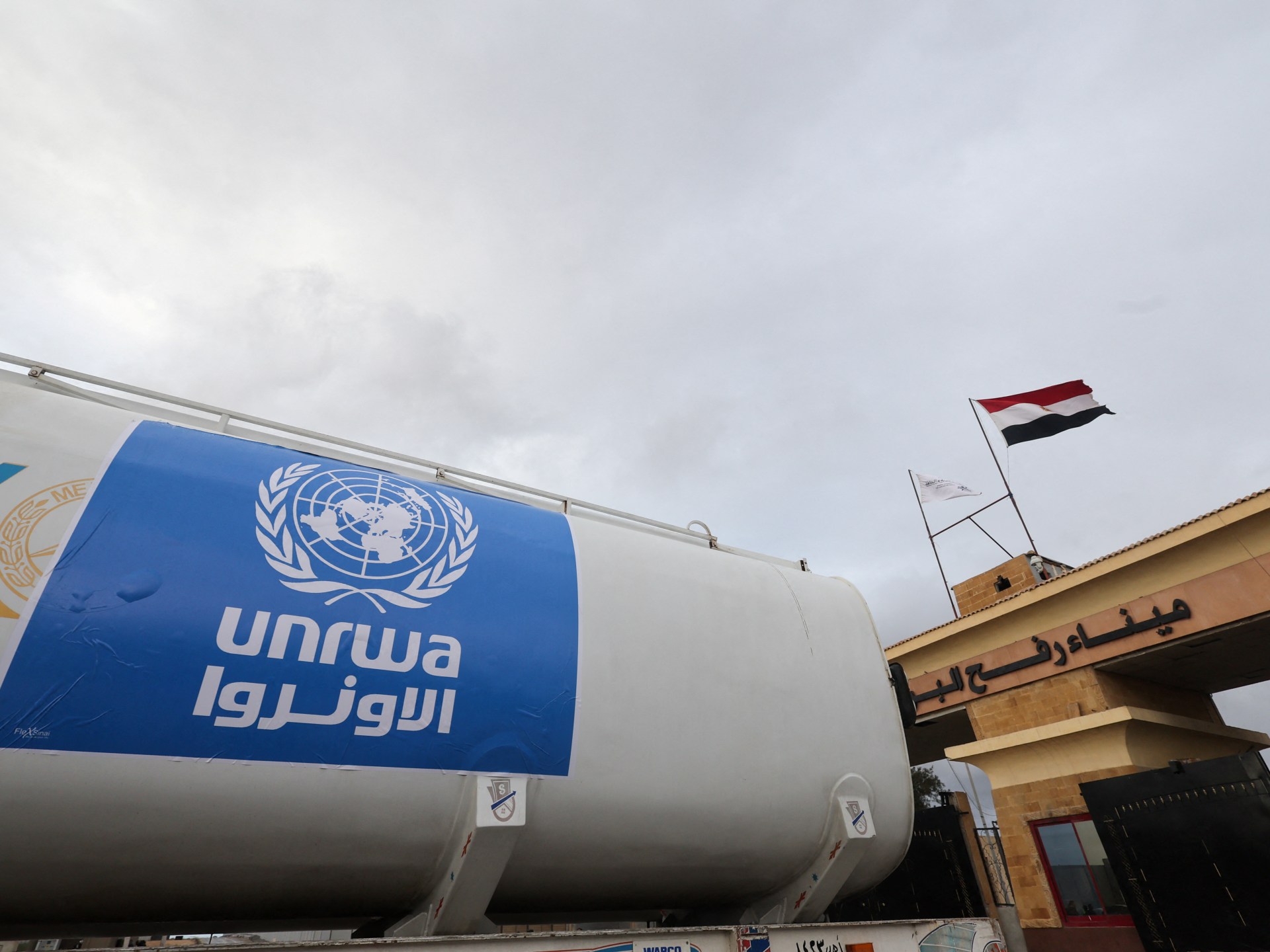The long-standing conflict between Israel and the Lebanese group Hezbollah is escalating.
Overnight on Sunday, exchanges following devastating attacks on Hezbollah's communications systems raised tensions on the border, with the possibility of war looming, according to former Israeli army Brigadier General Amir Avivi.
What's going on right now?
A lot.
On Saturday, an Israeli strike in Beirut's southern suburbs killed 14 people, including a senior Hezbollah commander, and wounded 66.
Israel's military says it launched 400 strikes on Lebanon overnight Sunday, while Hezbollah says it fired rockets at the Ramat David airbase near the Israeli city of Haifa.
Iran's ally, the Islamic Resistance in Iraq, claimed to have fired al-Arqab missiles at Israeli bases, although no casualties were reported.
This was the second Israeli strike on Hezbollah targets in less than two months, the previous one killing two children and wounding 74 people in an attempt to eliminate senior commander Fuad Shukr.
Why is this happening now?
Israel has announced that it is turning its attention northward to confront Hezbollah, which has been engaged in a constant exchange of fire with Israel in support of its ally Hamas since Israel's war on Gaza began in October.
Over the past week, Hezbollah has suffered two attacks on its communications systems that it blames on Israel, while Israel has dramatically increased the number of troops on its border.
On Wednesday, Israeli Defense Minister Yoav Gallant spoke of a “new phase” in the war in Gaza, announcing the deployment of the 98th Division, comprising between 10,000 and 20,000 soldiers, to join Israel’s shaky Northern Command, made up of four armed brigades, near the Lebanese border.
Gallant's comments were the closest Israel has come to acknowledging responsibility for the two attacks on Hezbollah's communications systems, the second of which occurred while Gallant was speaking.
Between September 17 and 18, booby-trapped pagers and walkie-talkie radios belonging to Hezbollah were detonated, killing 37 people, including two children, and injuring and maiming thousands.
According to analysts who spoke to Al Jazeera, the attacks have created calls for a dramatic response from within Hezbollah, even though the group is compromised.
How could this scale?
Alliances between Israel and Hezbollah could attract other actors.
Hezbollah and Iran have worked together since Hezbollah was founded in response to Israel's invasion of Lebanon in 1982.
Israel, for its part, has consistently waged its internal battles against groups like Hamas and Hezbollah as part of a broader battle against Iran.
While Iran does not yet possess nuclear weapons, it is widely considered to be close to achieving that status after former U.S. President Donald Trump abruptly disbanded a deal in 2018 to limit the country's nuclear development.
Even without a nuclear weapons program, Iran is one of the most powerful military forces in the region.
In addition to its network of alliances with groups such as Yemen's Houthis and Gaza's Hamas, Iran has one of the largest conventional armies in the region.
The United States is working to counter Iranian influence in the region.
Despite its unequivocal support for Israel, the United States has frequently found itself on a conflicting path with Iran as the two battle for regional influence.
What would it take to get other states involved?
Both the United States and Iran have repeatedly shown that they are aware of the risks that any escalation could pose.
Despite Israeli provocations – such as the April 2024 airstrike on the Iranian consulate in Damascus, Syria, and the assassination of Hamas political leader Ismail Haniyeh in Tehran in July – Iran’s response to Israel has so far been lukewarm.

The retaliation for the April airstrike was telegraphed well in advance and was mostly intercepted. There has been no response to the assassination of Haniyeh.
Following the pager attacks on Hezbollah members and innocent civilians, Iran's Islamic Revolutionary Guard Corps commander Hossein Salami vowed “a crushing response from the resistance axis.”
The United States, despite its unwavering support for Israel, has also shown itself to be aware of the risks of escalation.
US diplomats continue to play an active role in facilitating indirect talks between Hamas and Israel to reach a ceasefire agreement. US President Joe Biden even announced a ceasefire agreement in May, which he attributed to Israel at the time.
However, this has subsequently been rejected.
Are Israeli lawmakers seeking escalation?
For many in Israel, after decades of tension and sporadic conflict, war with Hezbollah is now seen as inevitable.
Of greater immediate concern is the fate of the estimated 60,000 residents of northern Israel who were evacuated after October 7 in anticipation of a Hezbollah offensive similar to the one carried out by Hamas.
While that offensive did not occur, the constant exchange of rockets between the two sides has meant that northern Israel is no longer safe for displaced families to return to.
Many have also accused Israeli Prime Minister Benjamin Netanyahu of trying to prolong and escalate the current war for his own political ends.
Groups representing families of Hamas prisoners taken prisoner on Oct. 7 have repeatedly accused the prime minister of derailing potential ceasefire deals — concerns shared even by Biden, who suggested it in June.
“The most expensive game of chicken in the world is currently being played in the region,” political analyst Ori Goldberg said last week from Tel Aviv.
“It is always presented as some kind of inevitability, one that cannot be held responsible for by Israeli leaders. They are creating their own self-fulfilling prophecy.”
“There is no strategy, no vision, nothing. They are just working on it day by day and assuming there will be a war.”












